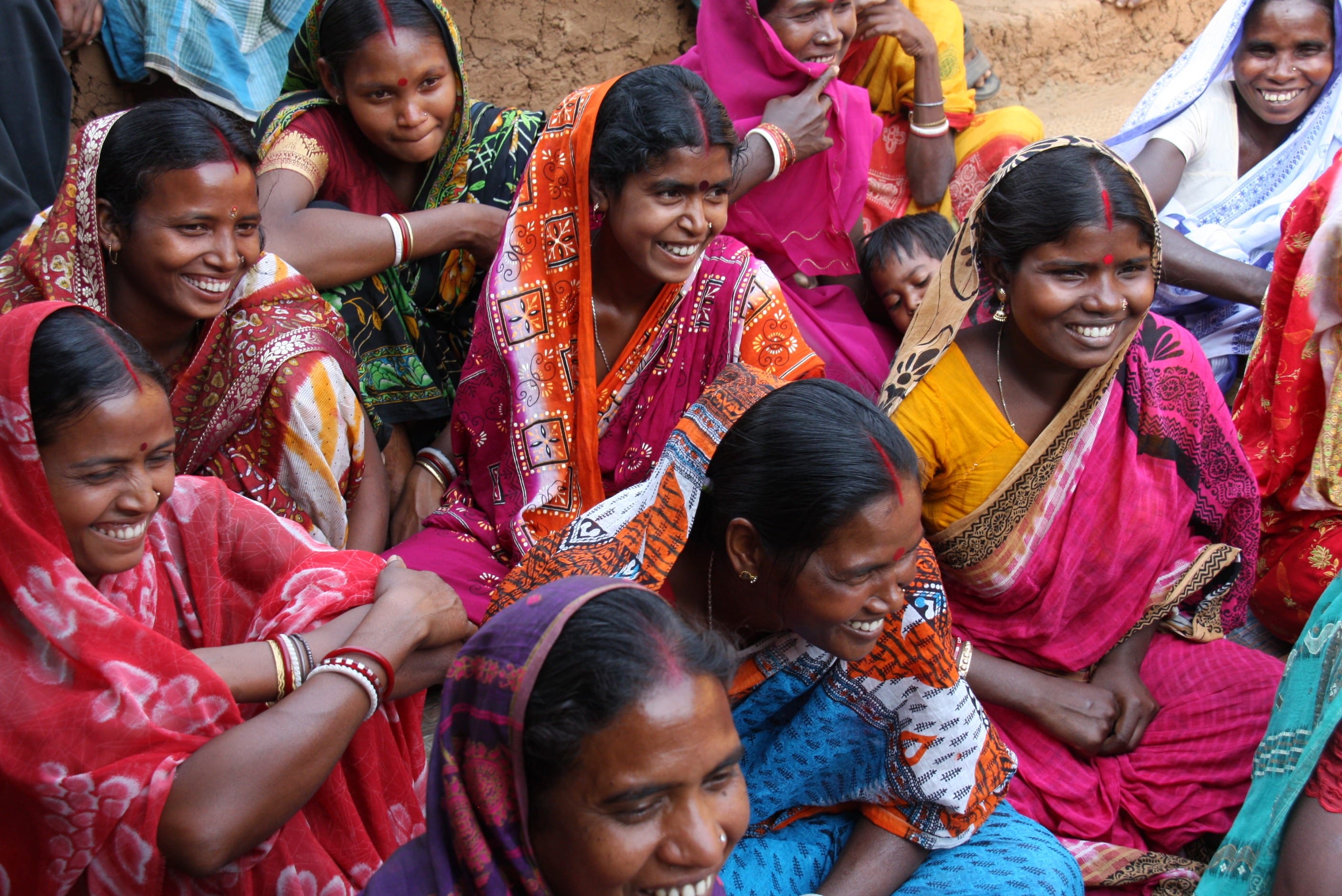Gender intentional safety nets

Location
India
Sector
Social Protection
Type of Investment
Grant
Project Stage
Test & Transition
Length of Investment
2023+
Website
Investment Overview
Increasing labour force participation and agency outcomes for marginalised women in India by improving access to bank accounts and earnings from social safety net programs at scale.
The Development Challenge
Indian women have one of the lowest rates of labour force participation in the world at approximately 24%. The Mahatma Gandhi National Rural Employment Guarantee Scheme (MGNREGS) is a social welfare programme that guarantees the right to work. However, despite growth in bank account ownership spurred by government initiatives, many women do not have their own accounts or have wages paid into joint or husband's accounts. This may reduce the incentives to take up work if women are not able to access or exert control over earnings, especially for women who may be held back from working by conservative gender norms.
The Innovation
In 2014, a research team led by Yale University developed and tested an intervention which combined account opening, linking accounts to MGNREGS wages, and training on how to use accounts for marginalised women in Madhya Pradesh. They found that this package significantly increased uptake of work in MGNREGS and the public sector, especially for women who were not currently working, suggesting increasing access to wages in this way could help overcome restrictive gender norms which may impede entering the labour force.
Our Investment
GIF’s $800K Test & Transition grant will enable the team from Inclusion Economics India Research Center and Yale University to work with PRADAN to develop and test a scalable model, to be delivered through government channels, to ensure existing efforts to accelerate account ownership and direct payment of wages reach and benefit marginalised women who may not currently participate in MGNREGS. GIF investment focusses on a consultative process to develop a new training package to be delivered at scale to more than 300,000 women. The goal is that evidence produced on the impact and cost-effectiveness can encourage government replication across the state.
Progress to date
This innovation was first implemented in 2014, and was evaluated through a randomised controlled trial, which found that, three years after taking part, women worked more in public and private sector jobs and that this was associated with a liberalising in women’s own work-related norms. Work is ongoing to revise and update the innovation with a view to testing a scalable model in 2024 and 2025.
Gender intentional safety nets in Numbers
female labour force participation rate in India
average increase in private sector earnings from women who benefited from the original study
women to be trained during the period of funding.